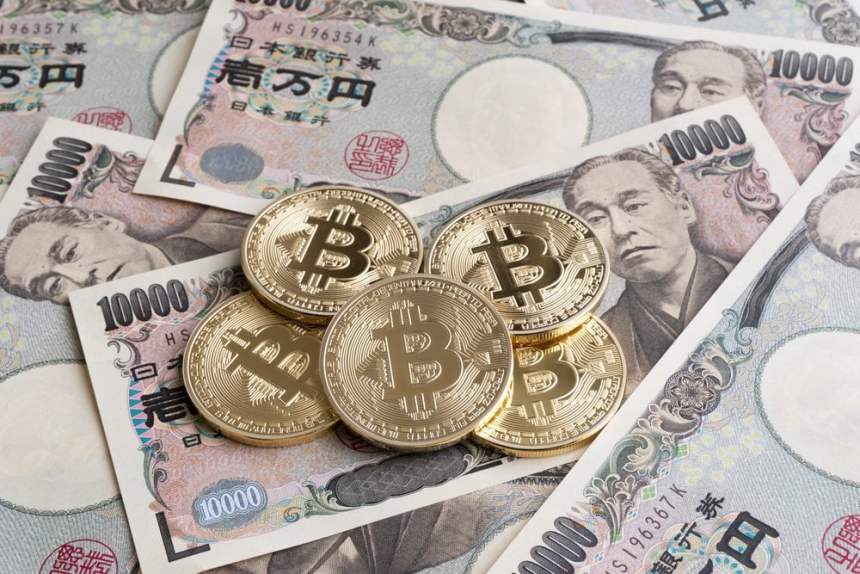Reason to trust

How Our News is Made
Strict editorial policy that focuses on accuracy, relevance, and impartiality
Ad discliamer
Morbi pretium leo et nisl aliquam mollis. Quisque arcu lorem, ultricies quis pellentesque nec, ullamcorper eu odio.
According to Reuters Japan, the Financial Services Agency (FSA) of Japan, the country’s main financial watchdog, will expand its crypto team to respond to the rising growth of the digital asset sector.
By the end of 2018, 12 government officials will be added to the crypto team of the FSA, which already has 30 officials in charge to oversee cryptocurrency and blockchain-related companies and license issuance.
Kiyotaka Sasaki, FSA’s vice commissioner for policy coordination, told Reuters that a larger team to regulate the local cryptocurrency industry is needed to ensure that its rapid growth can be maintained throughout the foreseeable future.
Already, 16 companies have requested licenses from the FSA to operate as cryptocurrency exchanges in Japan. With hundreds of companies expected to file applications with the FSA in 2019, an expansion in FSA’s cryptocurrency team was necessary to respond to the growing interest towards crypto.
Japan’s Presence in the Global Market
For many decades, Japan has been widely recognized on the global finance stage for its conservative and cautious regulatory frameworks. 10 years ago, it would have been unthinkable to expect Japan to be at the forefront of cryptocurrency and blockchain adoption, leading the largest digital asset exchange market.
Leo Lewis, a Tokyo Correspondent for FT and a financial analyst based in Japan, reported in June that the aggressive approach of Japan in regulating cryptocurrencies and digital asset-related businesses can be solely attributed to Nobuchika Mori, Japan’s longest-serving finance minister and a regulator at the FSA.
Several years ago, minister Mori recognized the declining presence of Japan in the global IT and fintech market. Concerned about the future of Japan in the space of IT, fintech, technology, and blockchain, Mori led the FSA to implement various policies that could fuel the growth of crypto.
“Mr Mori knew, intimately, that Japan’s financial sector had fallen behind in IT, fintech, blockchain and its general embrace of the digital. Faced with an exciting, emerging genre that had already captured the imagination of the Japanese public, it must have been tempting to overlay on to crypto a load of pre-existing national ambitions centred on tech start-ups, fintech and encouraging more retail cash to flow around the system,” Lewis explained.
Eventually, the FSA evolved into a pro-crypto and blockchain financial agency, with focus set on improving market infrastructure and investor protection.
In the upcoming years, Japan, led by the FSA, is expected to continuously collaborate with other leading economies and regions including Europe to standardize cryptocurrency regulations.
Japan’s Positive Impact on Global Cryptocurrency Sector
Earlier this month, it was revealed that the Securities and Exchange Board of India (SEBI) sent government officials to Japan to study cryptocurrency-related regulatory frameworks and policies implemented by the world’s most active cryptocurrency market.
Regardless of its booming local market, the government of India has prohibited banks from cooperating with cryptocurrency exchanges, which stagnated the growth of the Indian cryptocurrency sector.
Japan’s forward-thinking approach and the government’s willingness to address the growing demand and interest towards the sector will likely have a major impact on both the local industry and the global crypto exchange market.



















